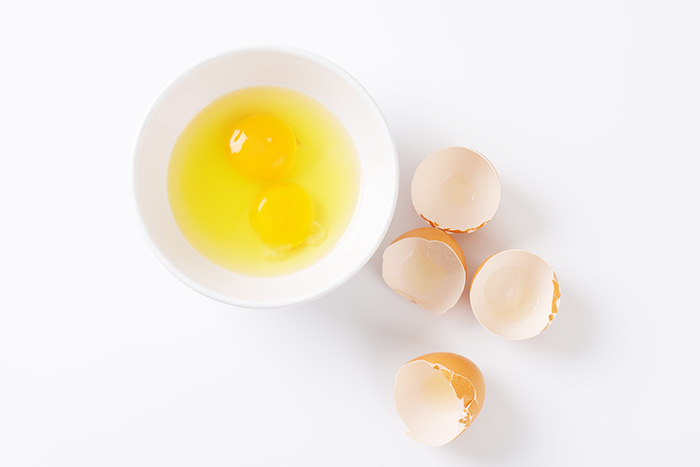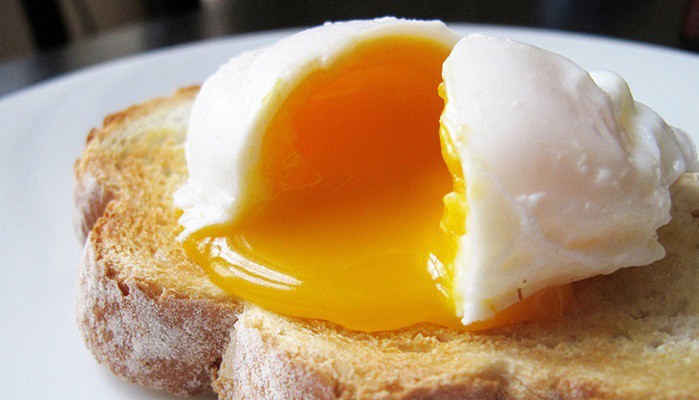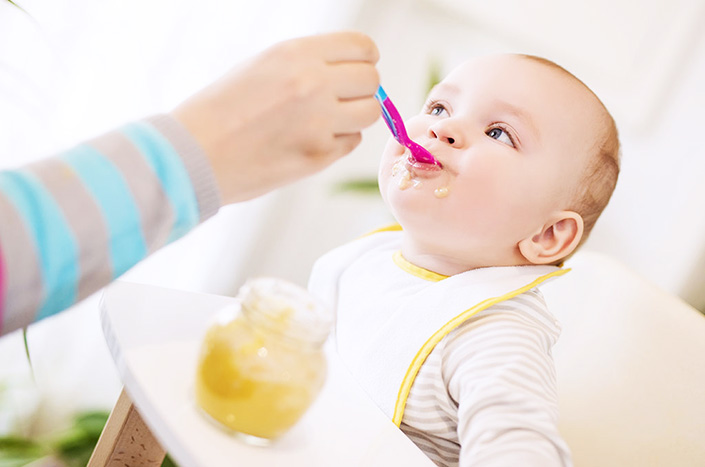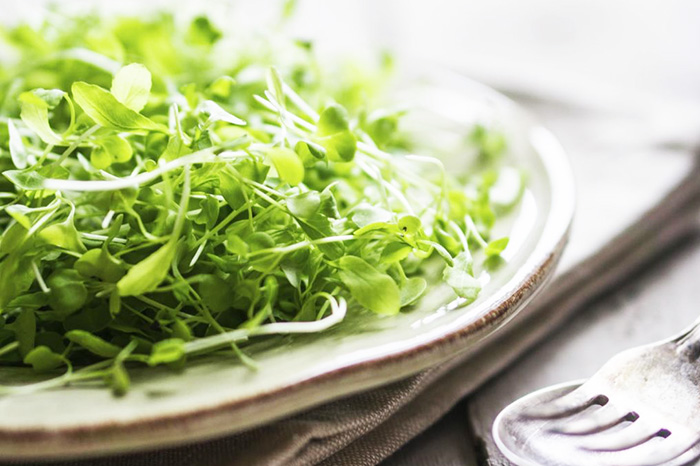Eggs are highly nutritious — period. You can have your eggs hard boiled, soft boiled, scrambled, fried sunny side up, poached and many others. Did you know that there are people who consume their eggs raw? According to proponents of eating uncooked eggs, there are many scientific-backed health benefits that come with such.
It’s a common fact that cooking tends to destroy some of the nutrients found in food. The same is true with eggs. Experts say that exposure to high temperatures can make certain vitamins and minerals in eggs become less available for your body to enjoy. The longer you have your eggs cooked, the further some nutrients in eggs are destroyed.
However, experts add that there are also some nutrients in eggs that may become less-efficiently absorbed by the body if they are not cooked. Also, there is an infection risk. The raw egg you are about to consume may be contaminated with certain microbes that can wreak havoc to your health.
But before you crack open and egg and swallow the contents, continue reading. Below you will find some of the perks of consuming eggs without cooking them. Similarly, you will also come across some of the health risks associated with the consumption of uncooked eggs. Remember: both pros and cons are backed by science!
The Pros
- You get to enjoy more vitamin D. Nutrition experts say that a raw egg offers 36 percent more vitamin D, a nutrient you need to lower your risk of osteoporosis, heart disease, obesity and depression. You can benefit a lot from consuming raw eggs if you’re not getting enough sun, which is a wonderful source of vitamin D.
- It will supply you with more omega-3s. These healthy fats are found abundantly in eggs, and exposure to high heat can make it harder for your body to absorb some of them. You definitely want to enjoy all the omega-3 fatty acids eggs contain as they offer so many health perks, from fighting off joint pain and inflammation, lowering bad cholesterol, to battling anxiety and depression.
- Your eyes can stay healthier. Two of the antioxidants found in eggs are lutein and zeaxanthin, both of which are known to protect the eyes from damage and keep your sharp vision intact. Just like any other antioxidant on the planet, high temperatures can have both lutein and zeaxanthin destroyed.
- More biotin is made available. According to expert, biotin is a B vitamin that’s important for a lot of things. They range from healthy hair, beautiful skin, strong nails, properly-functioning thyroid and adrenals, and lowered heart disease risk. Also, biotin helps energize your body and regulate your metabolism.
- You can obtain more choline. A nutrient similar to B vitamins, choline is said to offer so many health benefits. They range from muscle movement, liver functioning, brain development, stabilizing the mood, and a normal metabolism. Deficiency in choline, based on certain studies, may increase your risk of Alzheimer’s disease. Experts say that you can enjoy up to 20 percent more biotin if you consume eggs without cooking them.
The Cons
- Less protein is absorbed. It’s no secret that eggs are packed with high quality protein. In fact, they supply all 9 amino acids (building blocks of protein) that your body cannot produce on its own. According to a scientific investigation, however, the absorption of protein is diminished if eggs are eaten raw — up to 90 percent of protein is absorbed if eggs are cooked, while only 50 percent of protein in raw eggs is absorbed.
- It may be contaminated with bacteria. High temperatures can kill off microbes, and this is for the reason why cooking food can help save you from ingesting disease-causing bacteria. It’s exactly for the same reason why many frown upon raw egg consumption. It is very much possible for uncooked eggs to contain salmonella, a type of bacteria that can cause food poisoning. Experts say that’s salmonella can be present on the shell as well as in the eggs themselves.
Source: huffingtonpost.com








